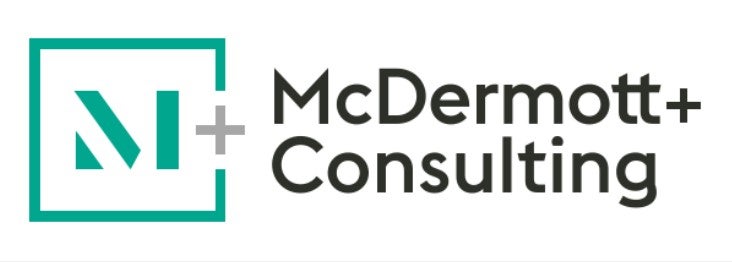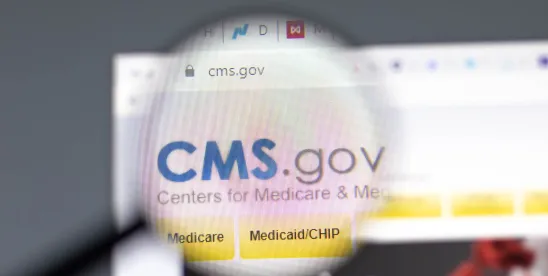On April 22, 2024 the Centers for Medicare & Medicaid Services (CMS) published the Medicaid Program; Ensuring Access to Medicaid Services final rule. The rule has a particular focus on home- and community-based services (HCBS), including direct care worker compensation requirements, HCBS waitlists, grievance process development, critical incident reporting definitions and HCBS quality reporting. The final rule also seeks to increase transparency in payment rates.
The rule is effective 60 days after publication, but many provisions have an effective date that widely differs from the overarching effective date. CMS released a fact sheet on the regulation and a timeline for the various effective dates.
KEY TAKEAWAYS
The Medicaid Program; Ensuring Access to Medicaid Services final rule includes the following key provisions:
- CMS requires that at least 80% of Medicaid payments for personal care, homemaker and home health aide services be spent on compensation for direct care workers (as opposed to administrative overhead). CMS made many modifications in the proposed rule that altered the applicability of the provision.
- States will be required to establish a grievance process for fee-for-service (FFS) HCBS beneficiaries to submit complaints.
- CMS establishes a minimum definition of “critical incident”; establishes minimum state performance and reporting requirements for investigation and action related to critical incidents; and requires states to operate and maintain an electronic incident management system.
- The final rule requires states to ensure that the person-centered service plan is reviewed and revised at least every 12 months for at least 90% of individuals continuously enrolled in a state’s HCBS programs.
- CMS requires states to report on waiting lists in section 1915(c) waiver programs and on service delivery timeliness for personal care, homemaker, home health aide and habilitation services.
- CMS requires states to report every other year on the HCBS Quality Measure Set and establishes a process for updating the measure set.
- The final rule requires states to publish all FFS Medicaid fee schedule payment rates on a publicly available and accessible website. It also requires states to compare their FFS payment rates for primary care, obstetrical and gynecological care, and outpatient mental health and substance use disorder services to Medicare rates and publish the analysis every two years.
- States must publish the average hourly rate paid for personal care, home health aide, homemaker and habilitation services, and must publish the disclosure every two years.
- States will be required to establish and operate the newly named Medicaid Advisory Committee (MAC) and a Beneficiary Advisory Council (BAC) one year after the rule’s effective date.






 />i
/>i

